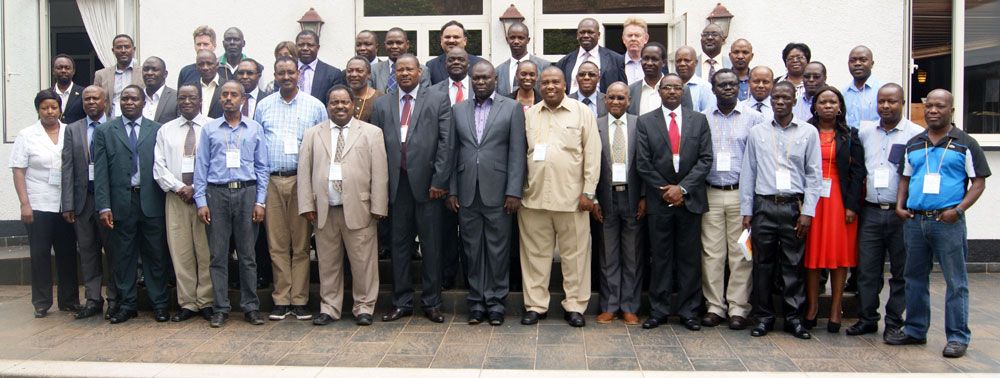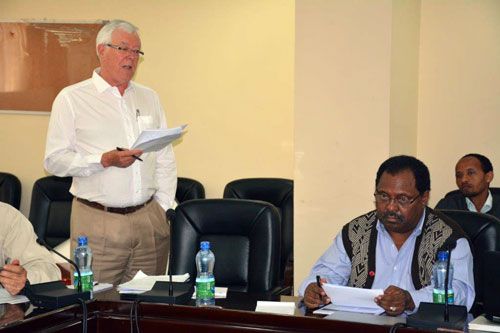Progress Report: mid 2016 for the online statistical course for supporting capacity building under (SIMLESA-2) Bespoke eStyle Statistical Training- BeST for Africa
 This project aims to support two international farming systems projects within the Sustainable Intensification of Maize-Legume cropping systems for food security in eastern and southern Africa Phase II (SIMLESA-2).
This project aims to support two international farming systems projects within the Sustainable Intensification of Maize-Legume cropping systems for food security in eastern and southern Africa Phase II (SIMLESA-2).
It provides an online courses in statistics for applied agriculture research design, analysis and reporting of results. The units will be modular, visual and interactive to assist in the understanding of biometry and study design concepts. It will take a scientist-centric approach with inputs from a wide range of research and monitoring scientist in the African and Asian projects.
The online course has been given a short name – Bespoke eStyle Statistical Training (BeST), and is supported under a capacity building objective (5.12) the SIMLESA phase II project.
To ready full report click here




